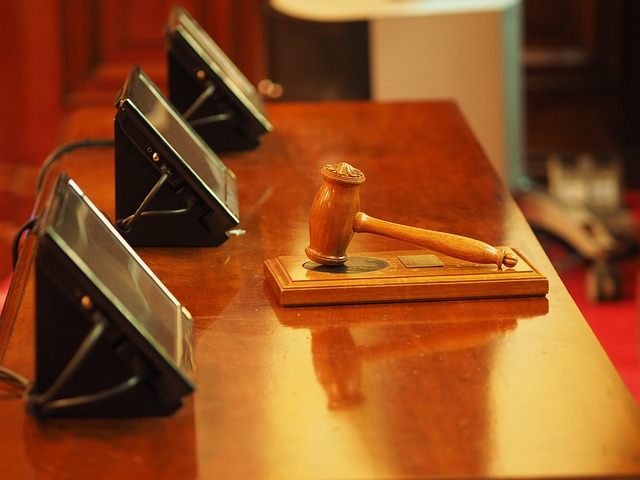Courts across the United States have occasionally been asked to consider a unique question: does a defendant receive ineffective assistance of counsel if their attorney falls asleep during trial proceedings? While the issue may seem straightforward, the legal standards applied by courts show that the answer depends on when and for how long the attorney was asleep.
Legal decisions from various jurisdictions indicate that an attorney sleeping at trial does not automatically entitle a defendant to a new trial. Some courts evaluate whether the attorney was asleep during a “substantial portion” of the proceedings, while others focus on whether the attorney missed “critical moments” that affected the defendant’s constitutional right to effective representation.
A recent decision from the Massachusetts Supreme Judicial Court in Commonwealth v. Watts addressed this question directly. In that case, the defendant had been convicted of first-degree murder. After the conviction, new counsel discovered information suggesting the original defense attorney had fallen asleep during parts of the trial. Several affidavits submitted to the court indicated that the attorney appeared to be sleeping at different points, including during jury selection and testimony from an important prosecution witness.
The trial judge initially concluded that the attorney’s behavior did not amount to a constitutional violation. However, upon review, the Massachusetts Supreme Judicial Court applied a two-part analysis. The court held that a defendant is entitled to a new trial if their lawyer sleeps through a significant portion of the proceedings or during a crucial stage of the case. Because the evidence suggested the attorney may have been asleep during key testimony, the court determined that a new trial was warranted.
This ruling highlights the importance of active and attentive legal representation, particularly in serious criminal cases. It also reinforces that a defendant’s right to counsel includes the expectation that their attorney is present, alert, and able to participate meaningfully throughout the proceedings.

